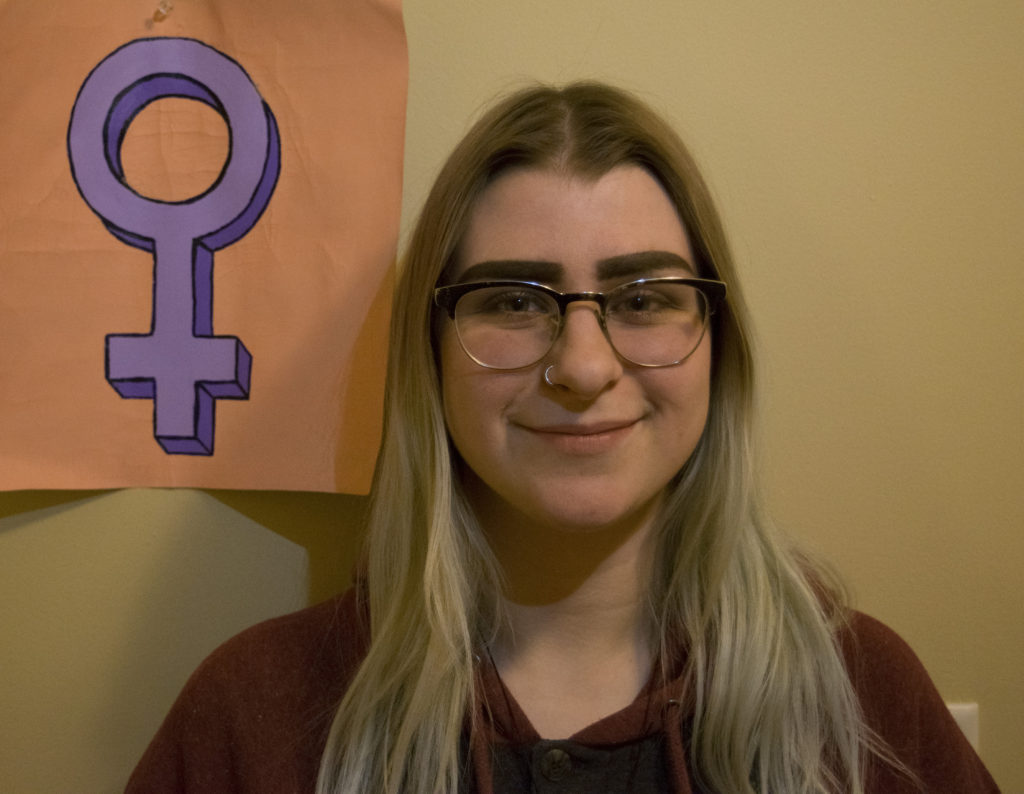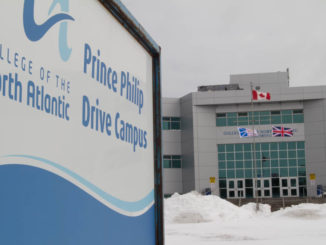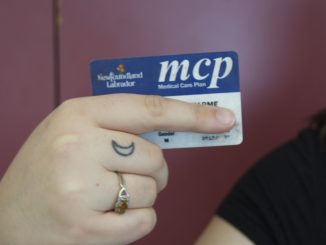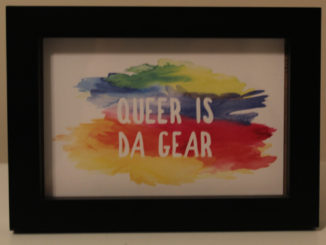Members of the LGBTQ+ community speak out on what the multi-lettered acronym means to them.
Adam Pike
Kicker
To the average Joe, LGBTQ+ may look like a big acronym, but for members of the community, it represents a society of acceptance and understanding.
Morgan Stroud is a 20-year-old living in St. John’s. She identifies as lesbian and is an active member of the LGBTQ+ community.
LGBTQ+ is an acronym for lesbian, gay, bisexual, trans, queer/questioning, and others.
“It just makes me feel special,” said Stroud. “To be under this category, I feel more accepted and loved by people. It makes me feel happy.”

Although there has been great social debate over what groups should or shouldn’t be included in the acronym, Stroud believes it’s fine as is.
“I think that the amount of letters in the acronym are a perfect representation of our community now,” she said. “Even though there are lots of groups that need to be represented, the main letters are there and the plus represents all of the subcategories in the community.”
Stroud isn’t the only member of the LGBTQ+ community who feels this way.
Frank MacArthur is gay and lives in Dartmouth, N.S. According to him, the feeling is mutual among other groups identified within the acronym.
“I think we’re fine keeping things the way they are,” MacArthur. “It’s well recognized and it’s been around for a while so people feel comfortable with it. I think when you start to change it, it only causes more problems. People recognize the symbol, they recognize the letters now, so why change?”
For MacArthur, the diversity in the LGBTQ+ community is proof of positive social changes in Canada.
“It is recognition that people are more understanding of a person’s lifestyle and that they don’t judge you like they used to,” he said. “People are much more accepting (of) people’s lifestyles.”
These feelings aren’t limited to those who fall under this label.
Jack Morris is an art student living in Vancouver. He identifies as heterosexual, but has many friends in the LGBTQ+ community. He feels that choosing who can be included in the community is a step in the wrong direction.
“By deciding who should or shouldn’t be included, it sounds like someone is going to be excluded,” said Morris. “To me, that seems a lot like moving backwards.”



